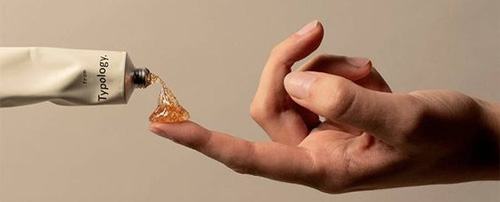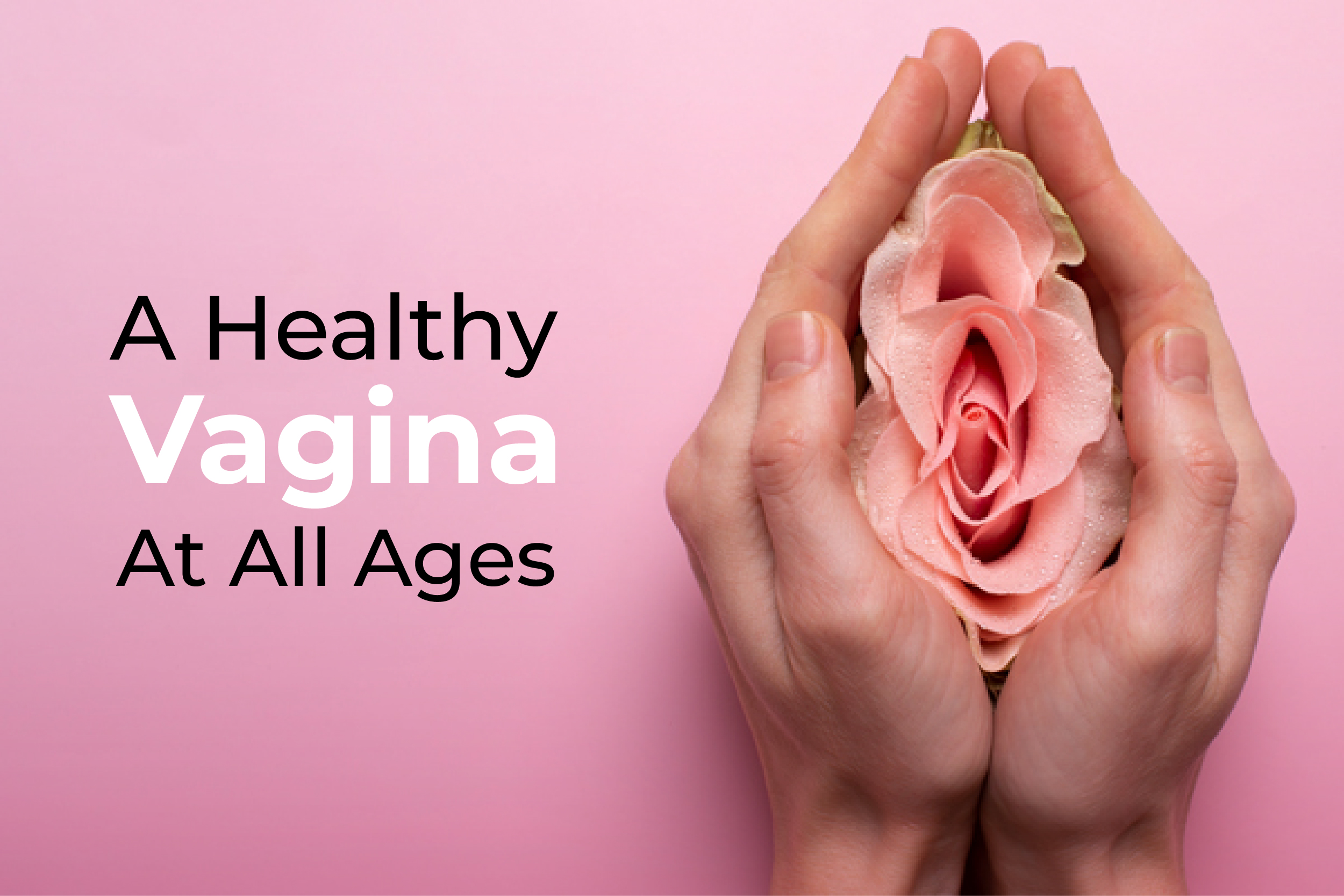While it may sound cliché, it remains an undeniable truth: Change is constant, particularly in our bodies. Over a lifetime, both internal and external aspects transform, with women experiencing significant shifts in their vaginal region. From the onset of puberty, through the stages of pregnancy, and into menopause, a woman’s vagina undergoes notable changes as her body matures. Every woman must understand the necessary measures to Maintain Vaginal Health throughout each stage of her life.
Your 20s
For numerous individuals, their twenties are often considered the pinnacle of life. It’s a time marked by embarking on new career paths, relocating to unfamiliar locales, and forming connections with diverse individuals. Interestingly, this period is also regarded as prime for vaginal health. In one’s twenties, sex hormones, notably estrogen, typically surge. Estrogen plays a vital role in preserving vaginal elasticity and ensuring adequate lubrication.
In addition to heightened sex hormone levels, libido tends to be elevated during this life stage, leading many women to desire more frequent sexual activity. Consequently, there’s a heightened risk of contracting Urinary Tract Infections (UTIs), often associated with sexual encounters. While concrete data may be scarce, promptly urinating after sex is commonly suggested as a preventive measure against UTIs. Moreover, this period also sees an increased susceptibility to sexually transmitted diseases, underscoring the importance of condom use. However, it’s worth noting that lubricated condoms frequently contain chemicals that may irritate the vagina.
Sexually Transmitted Infections – Overview
Fortunately, your twenties are likely when your vaginal care needs are minimal. At this stage, a gentle cleansing of the genital area with mild soap and water is usually sufficient. Douching is unnecessary and not advisable. Typically, the vagina maintains cleanliness through the production of a white or clear discharge, which is entirely normal. This discharge should be odorless and devoid of pain. However, any foul odor, discomfort, or itching could indicate conditions such as bacterial vaginosis, vaginal yeast infection, or a sexually transmitted disease, necessitating a visit to the doctor.
Your 30s
In their thirties, many women choose to begin their families. Following childbirth, it’s common for the vagina to experience a loss of elasticity due to the stretching and tearing of pelvic muscles and connective tissues. While many women naturally revert to their pre-pregnancy state, some may benefit from performing Kegel exercises to bolster their Pelvic Floor Muscles. These exercises aid in strengthening the pelvic floor muscles and rejuvenating vaginal tone.
Your 40s
As you approach your forties and enter the phase leading up to menopause, your vagina undergoes notable transformations. Decreasing estrogen levels, which previously facilitated vaginal lubrication, often result in symptoms such as vaginal dryness, atrophy, and a thinning of vaginal walls. Your healthcare provider may propose various treatment options to address these changes. If estrogen deficiency is the root cause, estrogen therapy might be suggested, available in forms such as vaginal suppositories, creams, or time-release intravaginal rings. Additionally, numerous lubricants and moisturizers are accessible to alleviate dryness, although caution is advised regarding those containing certain chemicals that may provoke irritation. Consulting with your doctor or seeking advice from friends can guide you in exploring different options until you find the most suitable solution for your needs.
An alternative approach is to maintain regular sexual activity throughout your forties. This practice may help mitigate the effects of vaginal atrophy by promoting increased blood flow to the area and preserving the elasticity of your vagina.
Caring for your vagina is a deeply personal yet essential aspect of self-care. With age comes a heightened awareness of your vagina’s specific needs and how best to address them. Regardless of your age, prioritizing regular pelvic floor exercises, practicing safe sex, and scheduling routine gynecological examinations are vital steps to maintaining the lifelong health and well-being of your vagina.


